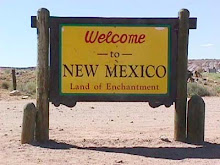D.A. Carson, in A Call to Spiritual Reformation: Priorities From Paul and His Prayers, speaks of the two extremes of offering praise to fellow Christians. There are those who heap accolades and "atta boys" to the extent that they appear phony. There are also those who believe that the only thanks that we should receive is the Lord's "well done" in the judgment.
Carson offers a middle-ground:
Paul's approach in many of his epistles, and not least here (1 Thessalonians 3:9-13) , is radically different from both of these extremes. He encourages Christians by thanking God for his grace in their lives. More precisely, he encourages Christians by telling them that he thanks God for the grace in their lives. Thus he has simultaneously drawn attention to the Thessalonians' spiritual growth, thereby encouraging them, and insisted that God is the one to be thanked for it, thereby humbling them. There is simply no way that these believers can thoughtfully listen to what Paul says and then smugly pat themselves on the back: God, and God alone, is to be praised for the signs of grace in their lives. yet nonetheless they cannot help but feel encouraged to learn that the apostle himself has observed God's work in their lives and rejoices bacause of it. ( pg. 87)
Are we in the habit of looking for signs of God's grace in others, thanking Him for it, and letting them know of our thankfulness?
Subscribe to:
Post Comments (Atom)


No comments:
Post a Comment